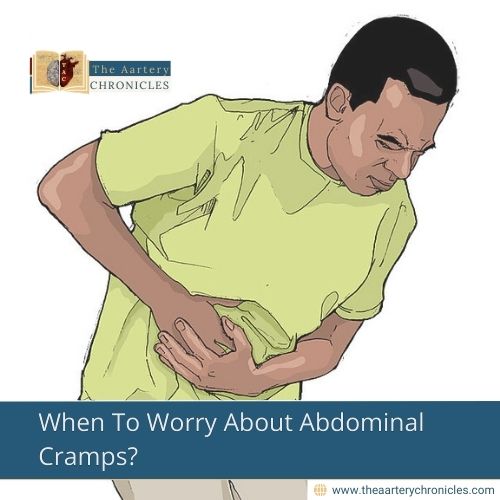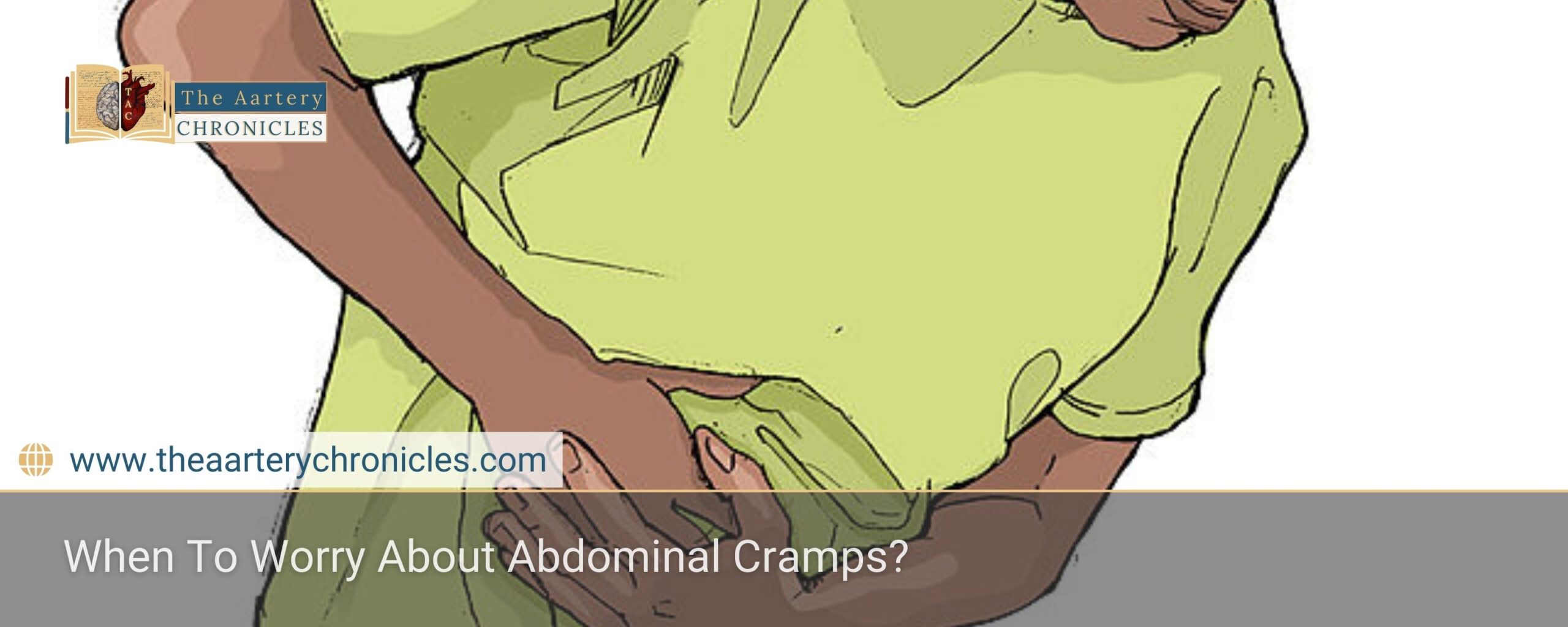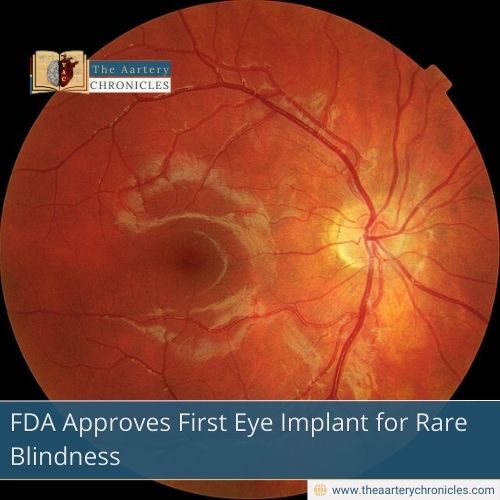

When To Worry About Abdominal Cramps?
Introduction
When to worry about abdominal cramps? Abdominal cramps are a common symptom that can arise from a variety of causes, both trivial and serious. They are often related to digestive issues or muscle tension, but they can also be a sign of more serious medical conditions. Here are some scenarios where it is important to take abdominal cramps seriously and consider consulting a doctor:
1. Duration And Intensity
If the cramps are particularly severe, do not improve, or occur with increasing frequency, it is advisable to consult a doctor. Persistent or severe cramps may be a sign of conditions such as appendicitis, intestinal obstruction, or inflammatory bowel disease.
2. Accompanied By Other Serious Symptoms
If abdominal cramps are accompanied by other worrying symptoms, such as:
- Vomiting, especially if it contains blood
- High fever
- Blood in stool or black, tarry stool
- Yellowing of the skin or eyes (jaundice)
- Severe abdominal bloating or feeling of fullness
- Unexplained weight loss
These symptoms could indicate serious conditions such as ulcers, infections, inflammation, or even tumors.
3. Localized Pain
If the pain is localized to a particular area of the abdomen and continues to get worse, this could indicate a specific problem such as appendicitis (usually pain in the right lower quadrant) or cystitis (pain in the lower abdomen).
4. After Consuming Certain Foods or Medicines
Cramps that occur after eating certain foods may be a sign of a food intolerance, such as lactose intolerance or gluten intolerance. Similarly, some medications can cause cramps as a side effect.
5. During Pregnancy
Pregnant women who experience abdominal cramps should always consult a doctor, as it could be a sign of pregnancy complications, such as miscarriage or preterm labor.
6. If You Have Pre-Existing Health Conditions
People with pre-existing health conditions such as heart, kidney, or liver disease should pay particular attention to abdominal cramps, as they may be related to their underlying health condition.
What To Do
If your abdominal cramps are mild and seem to be related to harmless causes like gas or indigestion, you may want to try resting, drinking warm water, or using home remedies like chamomile tea. However, if your symptoms persist for more than 24 to 48 hours or become more severe, it is important to seek medical attention to rule out more serious conditions.
In summary, while abdominal cramps are often non-serious and easily treatable, the presence of severe or persistent symptoms warrants a medical evaluation to identify the underlying cause and receive appropriate treatment.









